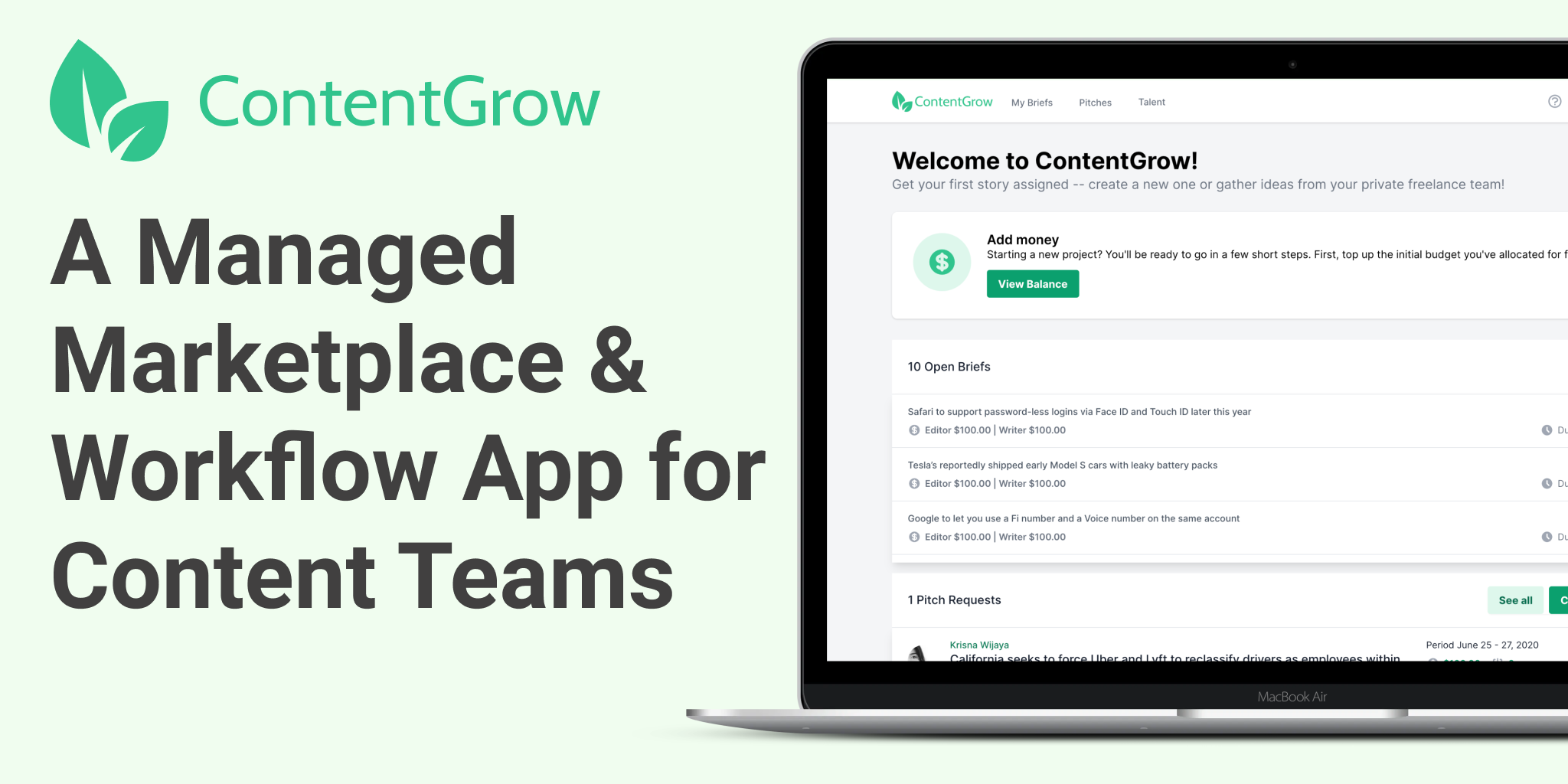Building a PR agency: small budget? No problem - Q&A with Harumi Supit
It's really not that difficult to bootstrap your own PR 'startup' as long as you stick to some key strategies.

Jakarta-based PR and communications expert Harumi Supit has been running her own independent brand and corporate communications consulting practice since 2005. She has also served as the Head of Corporate Comms for e-wallet unicorn OVO before and after it was bought out by Grab.
Speaking to Leighton Cosseboom of AC Ventures and ContentGrow for the second episode of the Comms in Asia podcast by C2 Media, Harumi shared illuminating tips for comms pros who are considering starting their own agencies.
In our first two blog posts, we uncovered top tips for navigating the challenges of starting your PR agency, as well as how to set clear boundaries in a client-consultant relationship.
In this final blog post of the series with Harumi Supit, we bring you key highlights on how fledgling PR and comms practitioners can bootstrap their own 'PR startup', in a concise Q&A format.
*Certain segments have been edited for brevity and clarity.
What are the top three practices you live by when working with clients?
One of the most important things I've learned is to figure out who has a say in the comms function and whose approval I need to get – basically be aware of whose buy-ins I’d need.
This isn’t always listed on the organizational chart, as there are often a lot of emotions and personal stakes involved. I tend to check in and ask if there are any other people or teams that need to be involved or consulted in the process.
Secondly, I clearly communicate my availability and response times to the client, so they understand when they can expect to hear from me and how quickly I will be able to address any issues or concerns they may have.
Lastly, I am transparent with the client about my areas of expertise and refer them to other professionals if their needs fall outside of my expertise. It helps to maintain trust and professionalism in the relationship.
What are the key challenges you’ve faced running your own PR agency and how did you overcome them?
One of the biggest challenges is managing overhead costs, especially when it comes to hiring and retaining talents.
To overcome this, I've found it helpful to start small and focus on offering targeted or specific PR services, leveraging my industry connections and networks.
Another challenge is dealing with legal or compliance issues. To avoid potential problems, I always check with the compliance or legal teams and get the green light from someone higher up before putting anything out to the public.
What’s a good strategy for bootstrapping one’s own PR agency?
My advice would be to keep it simple and focus on what you're good at.
For example, if you're strong in PR strategy, focus on that and outsource the execution to freelancers or partners.
It's also essential to have a clear and concise value proposition and to reach out to potential clients on platforms like LinkedIn.
And if you're providing targeted PR services, you can leverage your context in the industry, which is going to be much more low cost.
Which other techniques can help with lowering startup costs?
When working on a shoestring budget, it’s really easy these days: keep it simple, and get the basics right.
Get a simple and quick website up showcasing your portfolio, services and contact information.
Utilize free platforms like LinkedIn to network and make a digital kit of what you offer – it can be as simple as a Google Slides or PowerPoint deck in pdf form with nice graphics from free platforms such as Canva.
And that’s it.
That’s your startup PR agency, ready to go.

Get the full episode for free on Spotify, Google, and Apple.
ContentGrow is a managed talent network for brands to work with high-quality freelance writers and journalists worldwide. Sign up to get started or book a discovery call below.




